Destigmatizing Menstruation
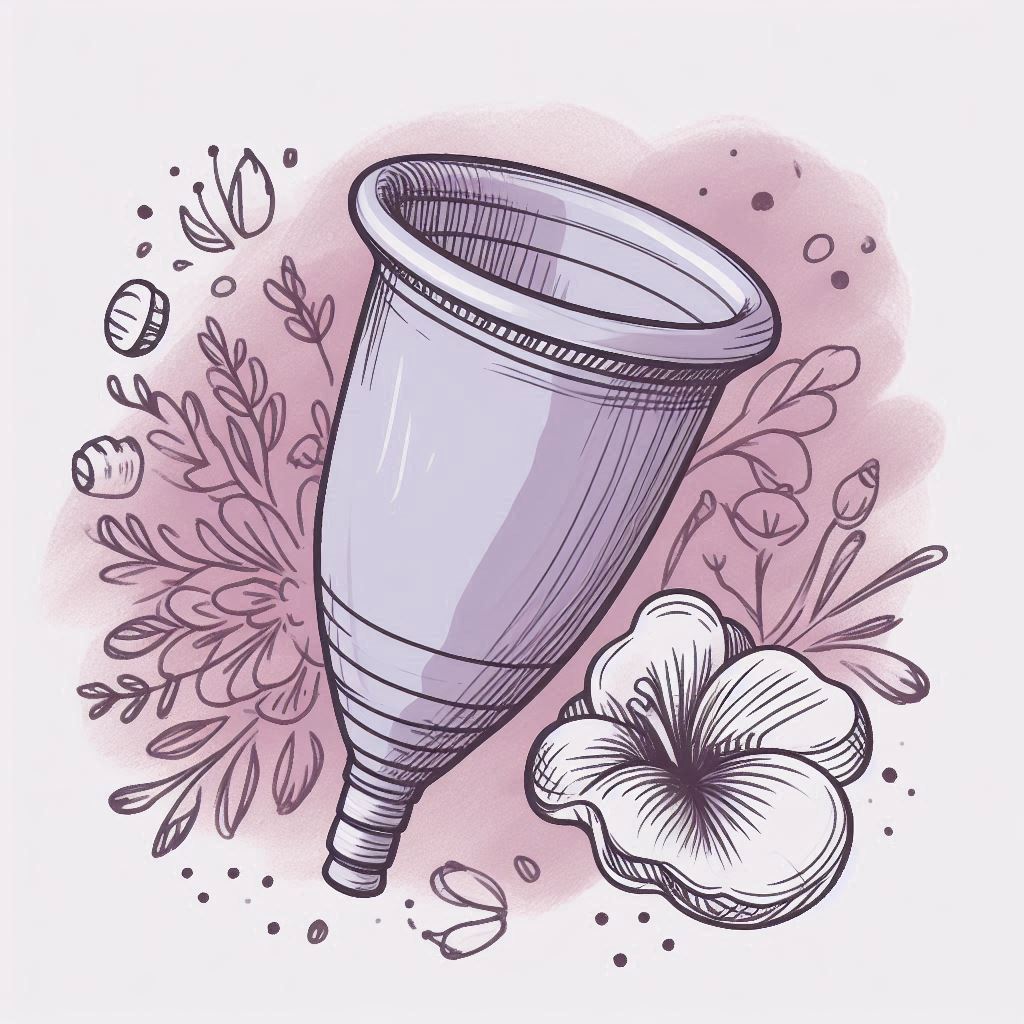
Menstruation, a natural and essential aspect of the female reproductive system, has long been shrouded in secrecy, shame, and stigma across cultures worldwide. Despite being a universal experience for half of the population, discussions around menstruation are often met with discomfort, silence, or even disgust. This pervasive stigma not only perpetuates harmful myths and taboos but also hinders access to menstrual health education and resources. In this article, we’ll delve into the roots of menstrual stigma, explore its impact on individuals and societies, and advocate for open dialogue and cycle syncing awareness as vital steps towards breaking down barriers and fostering holistic well-being.
Understanding the Stigma
The social stigma surrounding menstruation finds its roots in deep-seated cultural taboos and myths that have been passed down through generations. Across many societies, menstruation is viewed as impure, dirty, or even sinful, leading to practices of segregation, exclusion, and discrimination against menstruating individuals. These beliefs are often reinforced by societal norms, religious teachings, and media portrayals that depict menstruation as something to be hidden or ashamed of rather than celebrated as a natural bodily function.
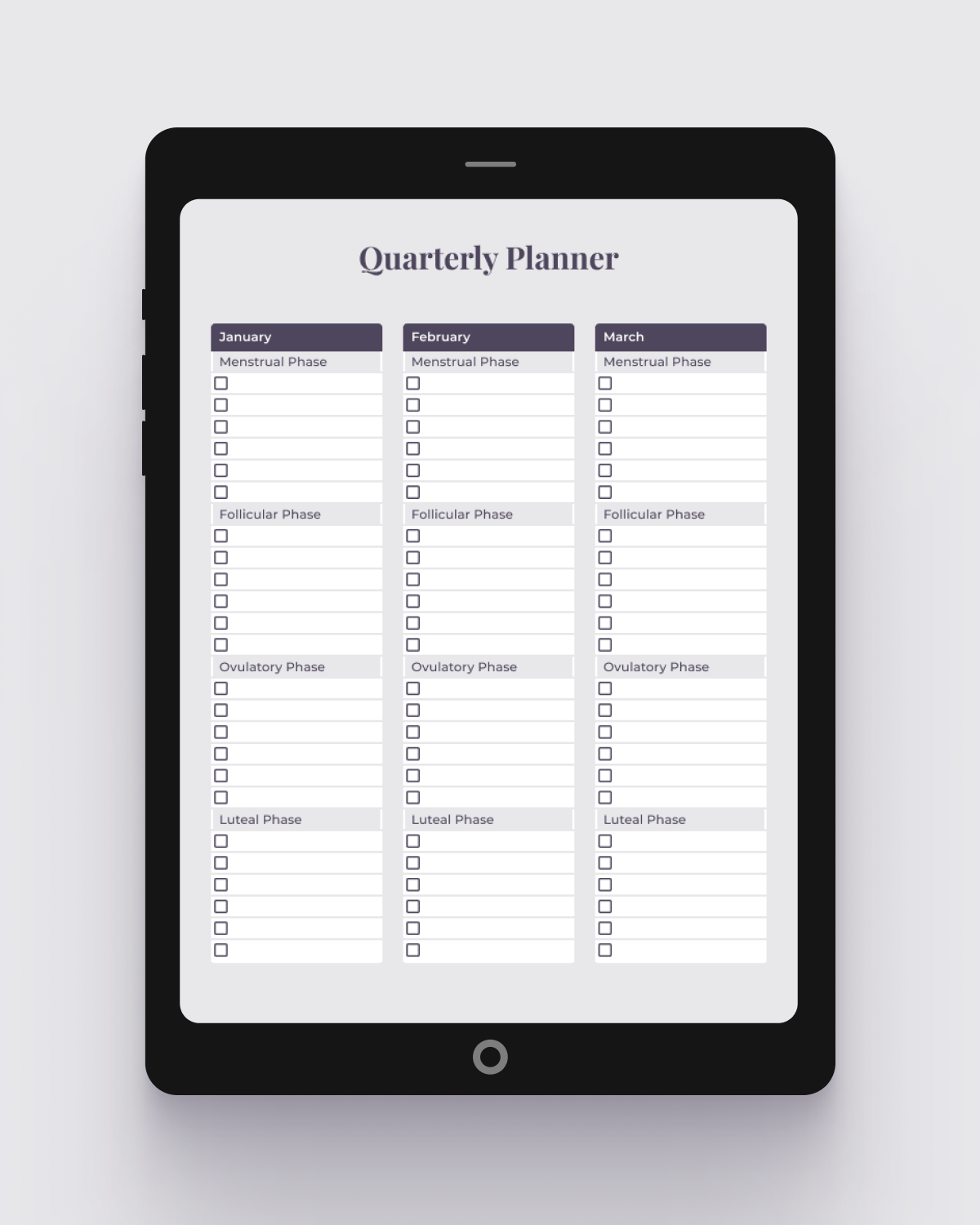
Check out the Cycle Syncing Journal & Planner PDF for only 6$
More infoThe Impact of Silence
The silence and shame surrounding menstruation have far-reaching consequences, particularly concerning menstrual health and well-being. Inadequate menstrual hygiene management due to stigma can lead to increased risk of infections, reproductive health issues, and even social isolation. Moreover, the lack of open dialogue about menstruation perpetuates ignorance and misinformation, contributing to widespread myths about periods and reproductive health.
To combat menstrual stigma effectively, we must first dismantle the barriers of shame and silence through education, awareness, and advocacy. Breaking the taboo requires fostering open dialogue and creating safe spaces for discussions about menstruation in homes, schools, workplaces, and communities. By normalizing conversations about periods and challenging negative attitudes and beliefs, we can empower individuals to embrace their menstrual health and advocate for their rights.
Bridging Science and Well-being
One powerful way to promote menstrual health and well-being is through aligning daily activities and lifestyle choices with the different phases of the menstrual cycle. By tuning into their bodies and understanding the hormonal fluctuations that occur throughout the menstrual cycle, individuals can optimize their health, productivity, and overall well-being.
Destigmatizing menstruation not only fosters a culture of acceptance but also holds the potential to catalyze scientific inquiry into the effects of syncing one’s lifestyle to their cycle. By breaking down the barriers of shame and silence surrounding menstruation, we create an environment where researchers feel emboldened to explore the intricate interplay between hormonal fluctuations and daily life activities. With greater societal acceptance and awareness of menstruation, scientists are more likely to conduct rigorous studies that investigate the physical, emotional, and cognitive impacts of cycle syncing. This, in turn, can lead to a deeper understanding of how individuals can optimize their health and productivity by aligning their lifestyles with their natural cycles, paving the way for evidence-based practices and interventions to support menstrual health and well-being.
Self-Improvement for High Achievers Group on Telegram
Get daily insights, support, and discussions to improve your leadership skills, mindset, work/life balance, time and energy management, as well as overcoming perfectionism, self-doubt, limiting beliefs, and more...
Join groupHire me as your life coach
Let's startRecent posts
-
How to Create Your Morning Routine (+ Routines from Wellness Experts)
Read blog -
What Is the Root of Procrastination?
Read blog -
What Are Career Goals? (With Examples)
Read blog -
How To Start Decluttering When Overwhelmed?
Read blog -
10 Use Cases for Notebook LLM for Personal Growth
Read blog -
Can ChatGPT Help Me Find Out What I Really Want in Life?
Read blog

The App Made To Sync Your Lifestyle to Your Menstrual Cycle.
A solution for women who are looking to keep track of what they sync to their cycles, such as fitness, diet, etc. by adding it to a calendar that also predict their phases.
Learn more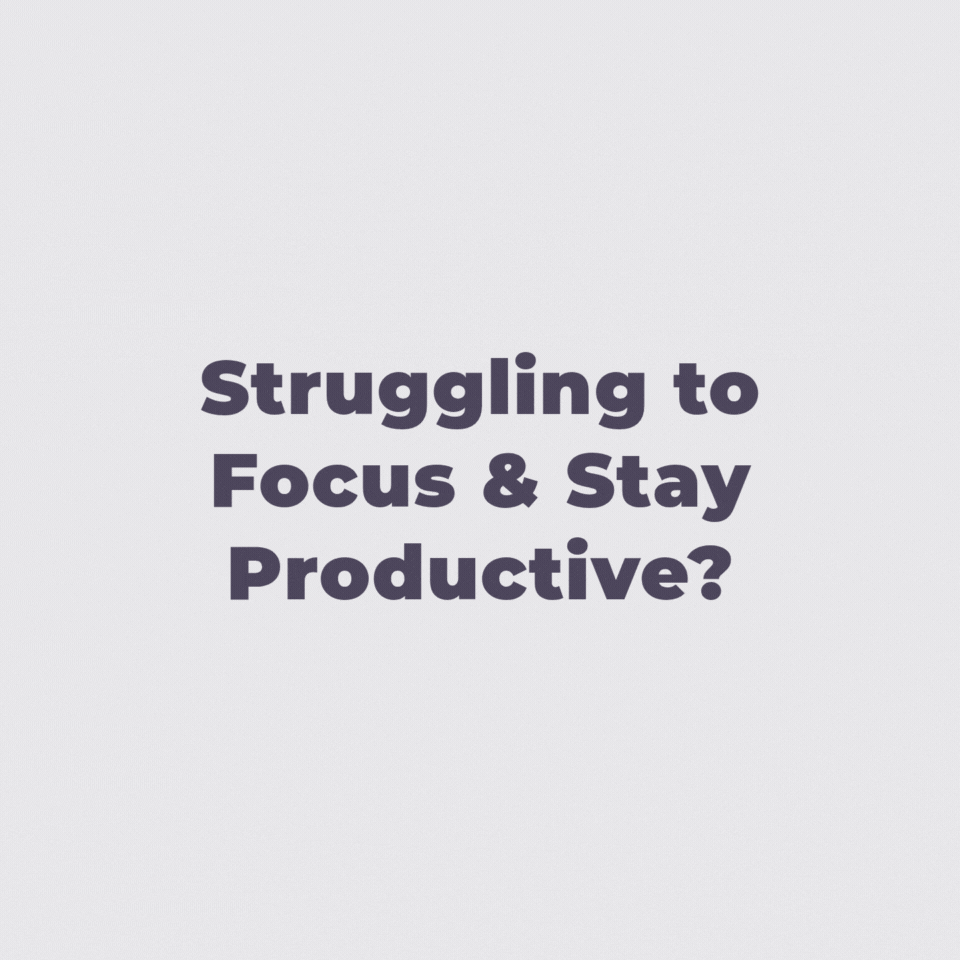

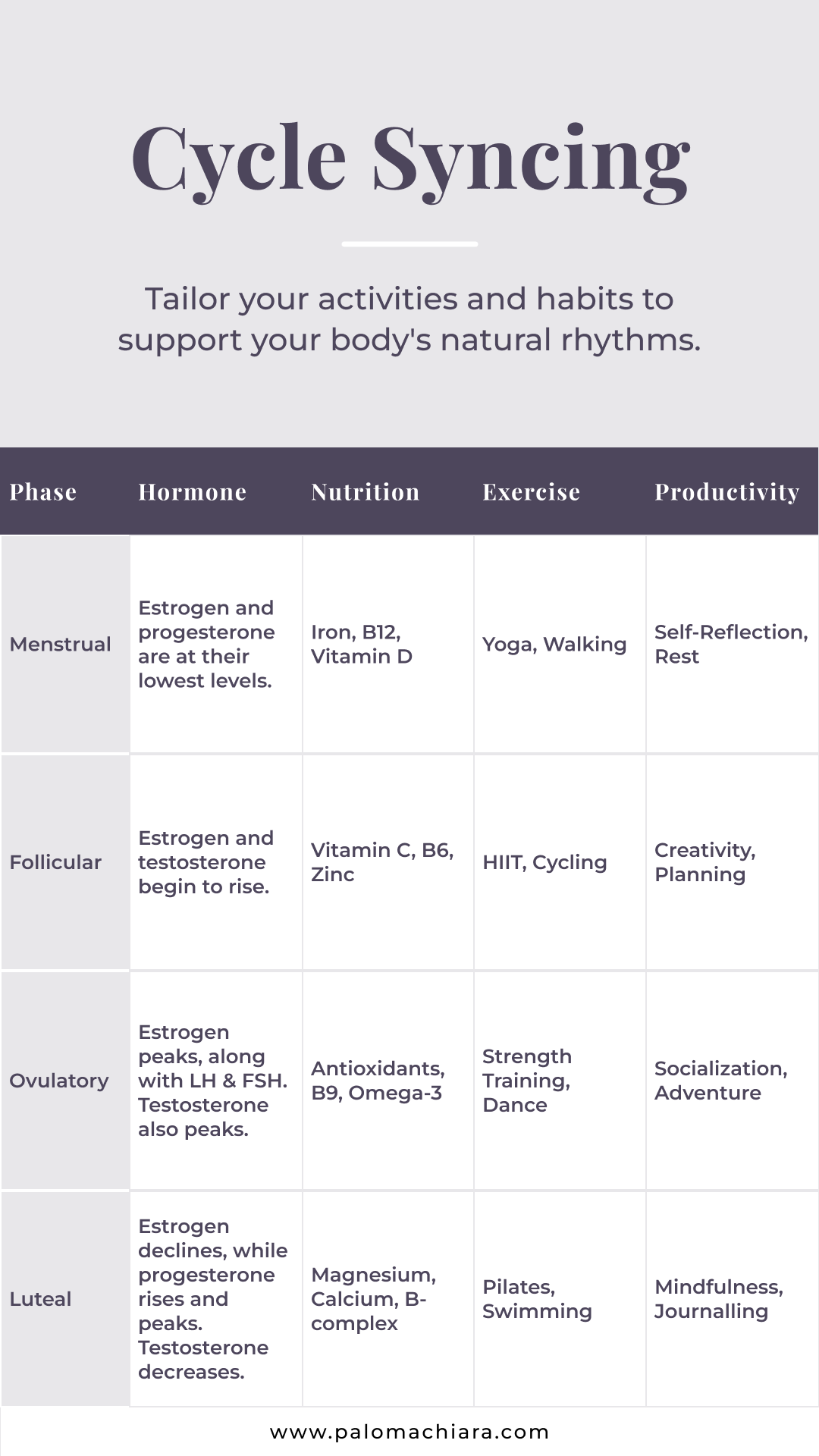

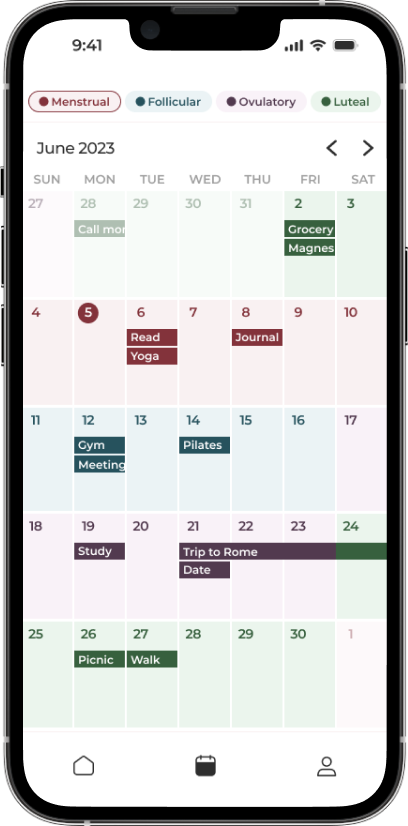

Comment